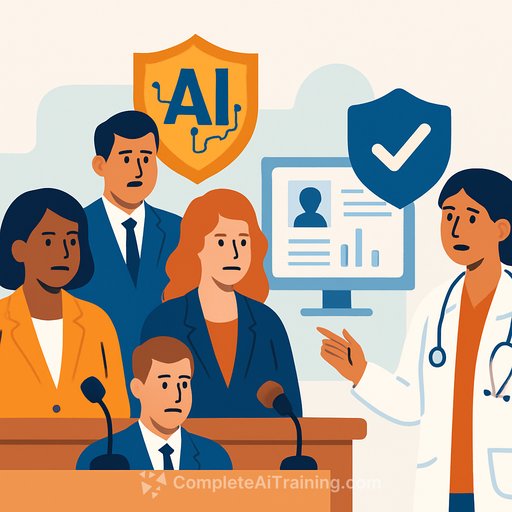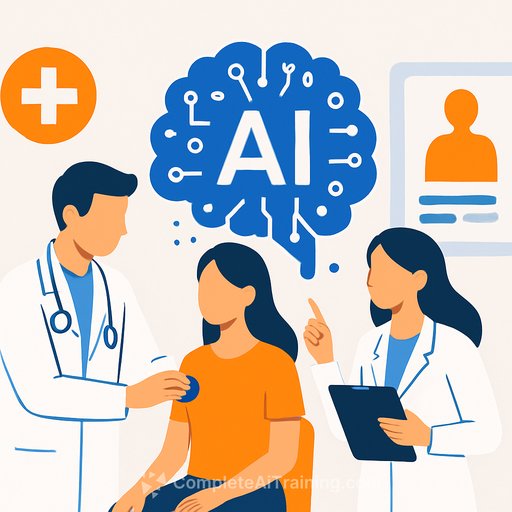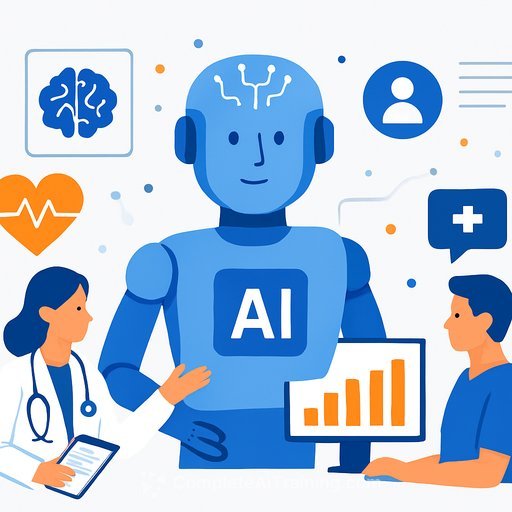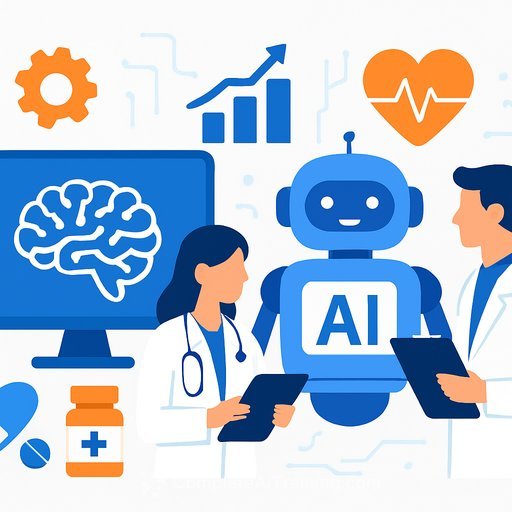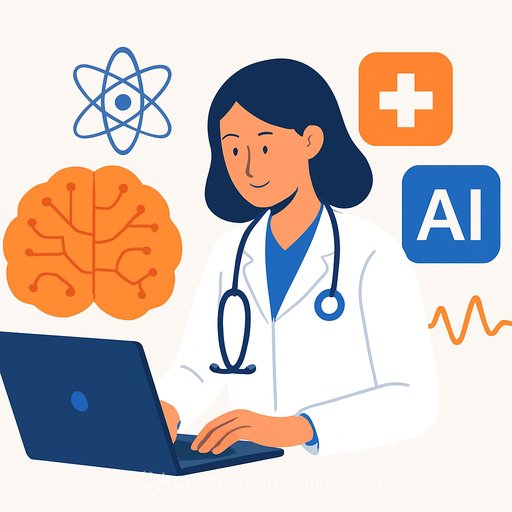Bipartisan Pennsylvania Bill Seeks to Regulate AI Use in Healthcare
Five Pennsylvania lawmakers have announced plans to introduce legislation that would regulate the use of artificial intelligence (AI) in healthcare. The bill focuses on maintaining human oversight in medical decisions, increasing transparency around AI applications, and reducing bias and discrimination.
The proposed law would require insurers, hospitals, and clinicians to attest that they are actively minimizing bias when using AI technologies. This move reflects growing concerns about the unchecked expansion of AI in healthcare and its potential impact on patient care.
Who’s Behind the Bill?
The bipartisan group includes four Democrats—Reps. Arvind Venkat, Tarik Khan, Greg Scott, and Bridget M. Kosierowski—and one Republican, Rep. Joe Hogan. Venkat, the only physician in the Pennsylvania General Assembly, emphasized the need for responsible and effective AI use.
“We have already seen evidence that AI usage can reinforce bias and discrimination,” Venkat said. The legislation aims to make sure that AI supports healthcare providers without perpetuating harmful biases.
AI’s Growing Role in Healthcare
According to a May report from Grand View Research, the AI healthcare market is projected to reach $188 billion globally by 2030. AI-powered clinical decision support systems provide predictive analytics that help clinicians improve patient outcomes and advance precision medicine.
In Pennsylvania, large hospital systems like the University of Pittsburgh Medical Center have adopted AI tools such as Microsoft's Dax CoPilot to assist physicians in documenting patient information. This technology helps reduce the administrative burden that often contributes to physician burnout, while also aiding in tasks like heart attack detection and matching patients to clinical trials.
Rep. Greg Scott, with experience as an EMT, stressed the importance of human judgment. “AI should never replace the expertise or judgment of healthcare clinicians,” he said, highlighting the need for a human element in patient care.
Key Provisions of the Proposed Legislation
- Human Oversight: A human must make the final decision based on an individualized assessment when AI is used by insurers, hospitals, or clinicians.
- Transparency: Entities must disclose how AI is being applied in patient care.
- Bias Mitigation Attestations: Insurers will file attestations with the Pennsylvania Department of Insurance, and hospitals and clinicians with the Department of Health, confirming efforts to minimize bias and discrimination in AI use.
- Evidence Submission: Providers must submit evidence supporting their bias mitigation efforts.
Rep. Joe Hogan pointed out the critical need to preserve human judgment in decisions that can affect life and death. Similarly, Rep. Tarik Khan highlighted the risk of unjust insurance denials driven by AI, underscoring the bill’s patient-centered approach.
Rep. Bridget Kosierowski, a nurse with nearly 30 years of experience, noted that AI’s growing presence makes it even more essential for skilled clinicians to verify that AI tools are accurate and fair. “This bill would protect patients and provide the guardrails needed to ensure AI is used responsibly and effectively in healthcare,” she said.
How Other States Are Addressing AI in Healthcare
Several states have started passing laws to regulate AI’s role in healthcare decision-making. For example:
- Utah requires companies to disclose when patients interact with AI chatbots, especially in mental health contexts.
- Colorado allows patients to appeal healthcare decisions made with the assistance of AI.
These measures reflect a broader trend toward balancing AI innovation with patient safety and rights.
Healthcare professionals interested in expanding their knowledge on AI’s applications and regulations can explore specialized training options at Complete AI Training.
Your membership also unlocks:

